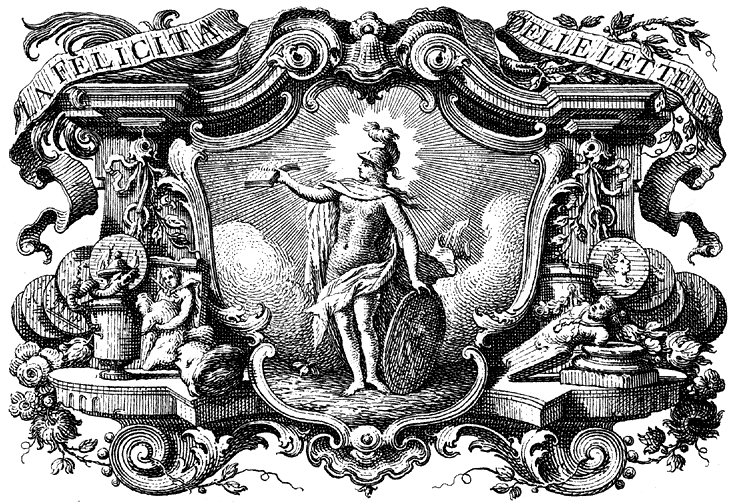2010 – Rosamaria Loretelli and Frank O’Gorman (a cura di), Britain and Italy in the Long Eighteenth Century: Literary and Art Theories, Cambridge, Cambridge scholars publishing
Il volume raccoglie gli atti della conferenza Anglo-Italiana tenuta presso l’Università degli studi di Napoli nell’aprile 2009.
Indice
Rosamaria Loretelli and Frank O’Gorman, Introduction
Rosy Colombo, Dealing with Change in Literary and Art Theories
Francesca Orestano, Picturesque Reconsidered-and Preserved
Bram van Oostveldt and Stijn Bussels, Stranded in the Present, Modernity and De Ligne’s Lettre de Parthenizza
Andrea Gatti, A Dialogue between the Deafand the Dumb: Aesthetic Theories in England and Italy during the Eighteenth Century
Daniele Niedda, The Linguistic Turn in the Aesthetics of the Scottish Enlightement: Dugald Stewart
Suzanne Marcuzzi, Hutcheson on Beauty and Virtue
Ruth Perry, The Printed Record of an Oral Tradition: Anna Gordon Brown’s Ballad
Lia Guerra, The Circulation of British Books in Eighteenth-Century Pavia: Work in Progress
Anna Giulia Cavagna, Eighteenth-Century Italian Books in London: The Presence of Italian Regional Publishing in the Collections of the British Library
Rosamaria Loretelli, The Space of Time: Fleurons as Temporal Markers in Samuel Richardson’s Clarissa and Ugo Foscolo’s Ortis
Riccardo Capoferro, Imaginary Voyages’ Aesthetic Theories: Towards a Definition of the Fantastic
Barbara Witucki, Music, Don Quixote, and the Novels of Miss Burney
Silvia Granata, Talking Animals and the Instruction of Children. Dorothy Kilner’s The Rational Brutes
Daniela Mangione, Fielding and Sterne: Reception, New Debts and Echoes in the Italian Novel ofthe First Hundred years
Emilio Sergio, A “British” Look at Italian Poetry: Saverio Bettinelli, the English Letters (1766), and the Idea of Cosmopolitanism
Angelo Canavesi, Sterne and Foscolo: The Ironic Sovereignty of the Individual
James Moore, “Marble Mad and Very Extravagant”: Henry Ince Blundell and the Politics of Cultural Reputation in Britain and Italy
